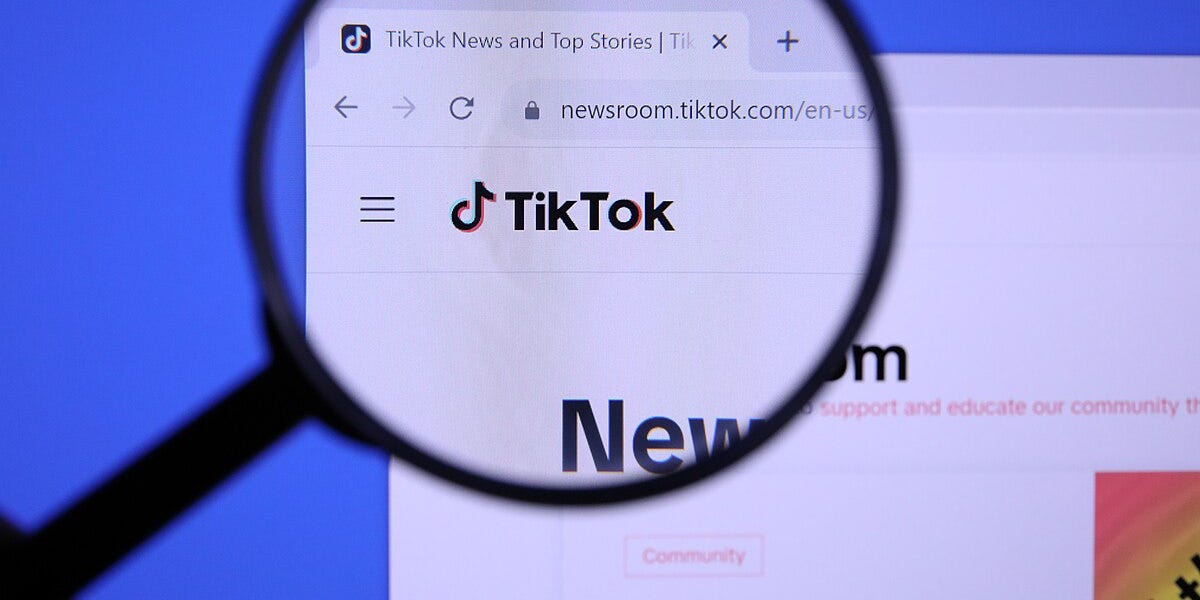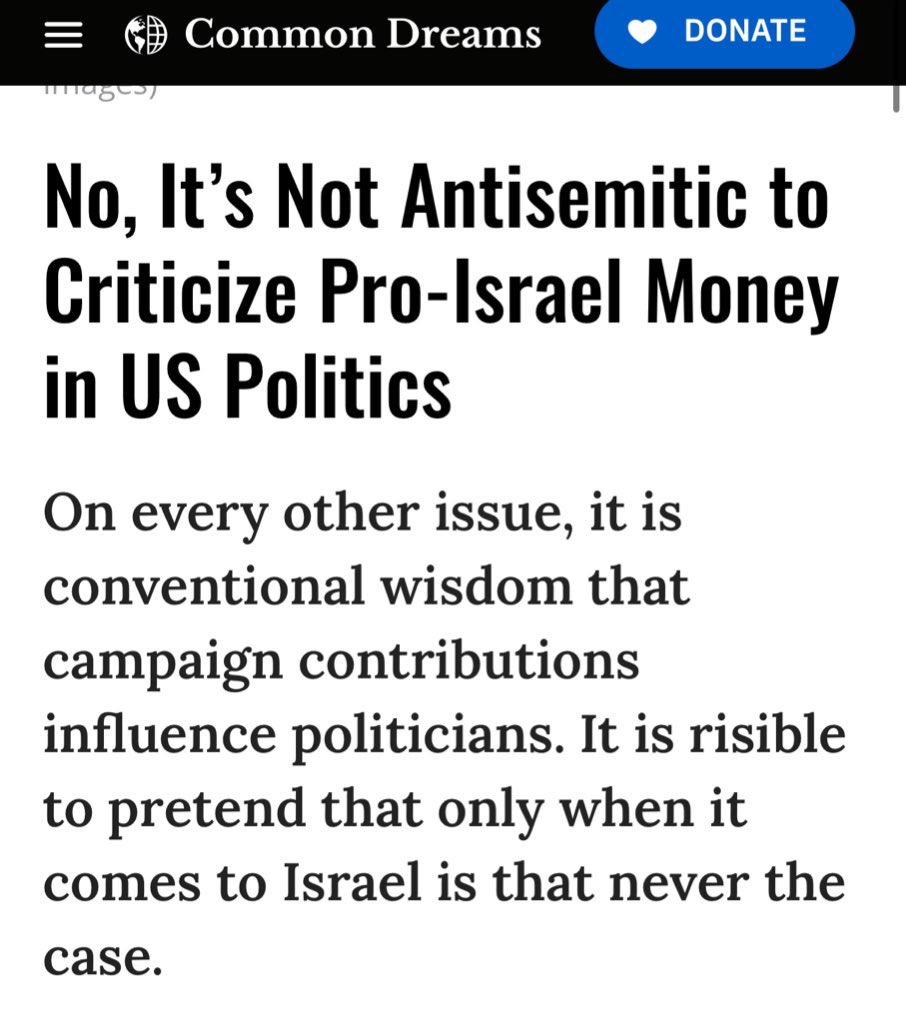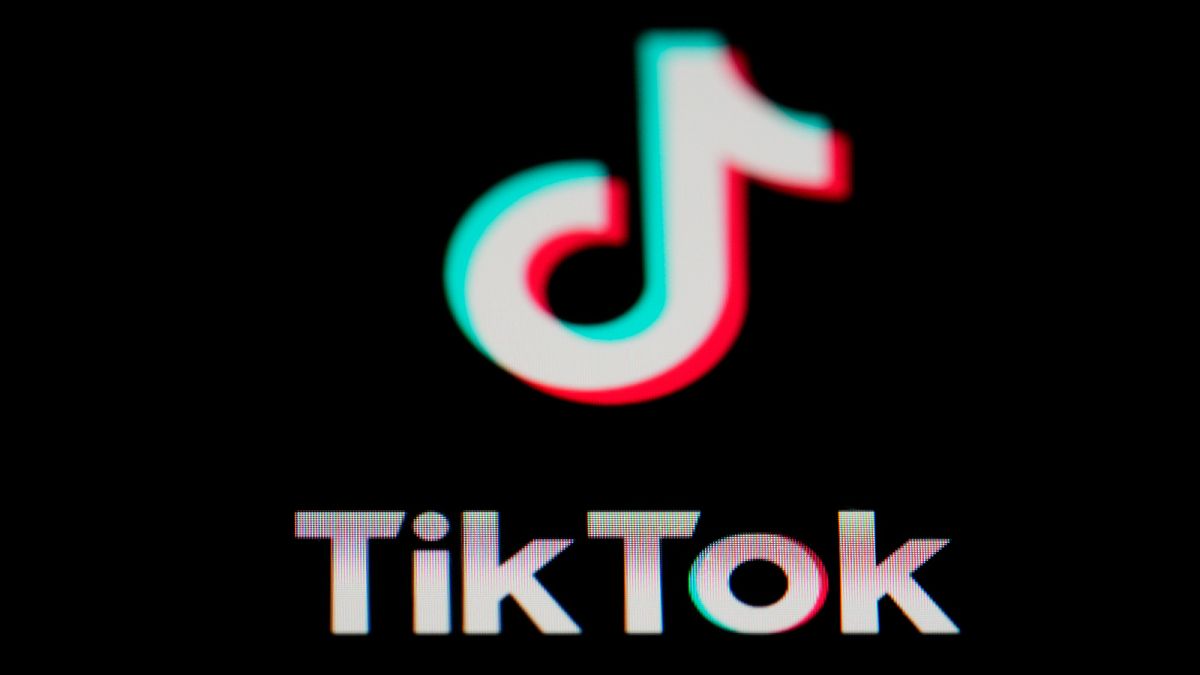https://www.techdirt.com/2024/03/14...wont-do-shyt-to-deal-with-any-actual-threats/
Once More With Feeling: Banning TikTok Is Unconstitutional & Won’t Do shyt To Deal With Any Actual Threats
Overhype
from the
Thu, Mar 14th 2024 09:26am -
Mike Masnick
Over the last few days, we’ve had a few posts about the latest attempt to ban TikTok in the US (and to people who say it’s only a divestiture bill: there is a ban in the language of the bill if ByteDance won’t divest).
Yesterday, unsurprisingly, the
House voted overwhelmingly, 352 to 65, to pass that bill. The
15 Republicans and 50 Democrats who voted no make up an odd mix. You have some extreme Trump supporters, who probably are voting no because
the boss man said so, and then a random assortment of Democrats, including a bunch from California. I thought Rep. Sara Jacobs from the San Diego area put out a particularly good statement on why this bill is so stupid:
As a member of both the House Armed Services and House Foreign Affairs Committees, I am keenly aware of the threat that PRC information operations can pose, especially as they relate to our elections. However, after reviewing the intelligence, I do not believe that this bill is the answer to those threats. Banning TikTok won’t protect Americans from targeted misinformation or misuse of their personal data, which American data brokers routinely sell and share. This is a blunt instrument for serious concerns, and if enacted, would mark a huge expansion of government power to ban apps in the future. Instead, we need comprehensive data privacy legislation, alongside thoughtful guardrails for social media platforms – whether those platforms are funded by companies in the PRC, Russia, Saudi Arabia, or the United States.
Taking this unprecedented step also undermines our reputation around the world. We can’t credibly hold other countries to one set of democratic values while giving ourselves a free pass to restrict freedom of speech. The United States has rightly criticized others for censorship and banning specific social media platforms in the past. Doing so ourselves now would tarnish our credibility when it matters most and trample on the civil liberties of 150 million Americans – a vast majority of whom are young Americans – who use TikTok for their livelihoods, news, communication, and entertainment. Ultimately, all Americans should have the freedom to decide for themselves how and where to express themselves and what information they want to consume.”
I think the second paragraph here is the key one. People keep saying “but they do the same to us.” That’s no excuse. We shouldn’t take a page from the Chinese censorship playbook and basically give them the moral high ground, combined with the ability to point to this move as justification for the shenanigans they’ve pulled in banning US companies from China.
Don’t let the authoritarians set the agenda. We should be better than that.
But also, her first paragraph is important as well. To date
no one has shown an actual evidence of TikTok being dangerous. Instead, all that people will tell me is that there was some sort of classified briefing about it. From Rep. Jacobs’ statement we see that she was able to see that classified intel, and did not find it convincing at all.
I even find myself in rare agreement with Rep. Thomas Massie, who once
blocked me on Twitter. He did so in response to me calling out his First Amendment violations in blocking people on Twitter (he eventually removed the block after the Knight First Amendment Institute sent him a letter on my behalf). Rep. Massie may have a somewhat conditional take on the First Amendment, but he correctly pointed out just how dangerous this bill would be:
The President will be given the power to ban WEB SITES, not just Apps. The person breaking the new law is deemed to be the U.S. (or offshore) INTERNET HOSTING SERVICE or App Store, not the “foreign adversary.”
Massie also pointed (as we did earlier this week) to the clearly lobbied-for (hi, Yelp lobbyists!) “exclusion” for review websites as proof that people know this law covers websites.
I stand by the point we’ve been making for multiple years now: banning TikTok is a stupid, performative, unconstitutional, authoritarian move that
doesn’t do even the slightest bit to stop China from (1) getting data on Americans or (2) using propaganda to try to influence people (which are the two issues most frequently used to justify a ban).
Banning TikTok,
rather than passing comprehensive federal privacy legislation, is nothing but xenophobic theater. China can (and does) already buy a ton of data on Americans because we refuse to pass any regulation
regarding data brokers who make this data available (contrary to popular opinion, Facebook and Google don’t actually sell your data, but data brokers who collect it from lots of other sources do).
Meanwhile, there’s little to no evidence that China is “manipulating” sentiment with TikTok, and there’s even less evidence that it would be effective if they were trying to do so. Public sentiment in the US regarding China is
reaching record lows, with the
vast majority of Americans reasonably concerned about China’s role in the world. So if China is using TikTok to propagandize to Americans, it’s doing a shytty job of it.
The US has dealt with foreign propaganda for ages. And we don’t ban it. Part of free speech is that you have to deal with the fact that nonsense propaganda and disinformation exists. There are ways to deal with it and respond to it that don’t involve banning speech. It’s astounding to me how quickly people give up their principles out of a weird, xenophobic fear that somehow China has magic pixie dust hidden within TikTok to turn Americans’ brains to mush.
The Supreme Court has reviewed this kind of thing before and said that, no the
US cannot ban foreign propaganda just because it’s scared of what that propaganda says. In that case, the government sought to restrict the delivery of “communist political propaganda” from outside the country. The court struck down the restriction on First Amendment grounds, stating that it was “a limitation on the unfettered exercise of the [recipient’s] First Amendment rights.”
As the court noted in that case, the setup of the law was “at war with the ‘uninhibited, robust, and wide-open’ debate and discussion that are contemplated by the First Amendment.”
In the US, we’re supposed to believe in freedom of speech, even if that freedom of speech comes in the form of “foreign communist propaganda.” If we survived that same foreign communist propaganda for decades in other forms, it seems like we can survive it coming from an app designed to highlight short videos of dance moves.
Again, we can pass data protection laws if we’re afraid of how the data is going to be used, because China doesn’t need TikTok to get that data. And we can counter Chinese propaganda. But part of doing so has to be not hiding it and acting like it’s so powerful that Americans are powerless against it. You counter it by showing how freedom can resist such efforts at manipulation.
I have no idea if the Senate will actually take up this bill, though there’s
good reason to believe they will. However, such a ban would be a huge mistake, reflect poorly on American values, and show how quickly we’re willing to ignore the First Amendment on some misguided fear of a successful app from a foreign country.
Filed Under:
data protection,
privacy,
sara jacobs,
thomas massie,
tiktok ban
Companies:
bytedance,
tiktok



 Never thought I’d see some bs like this damn CIA programming seemingly has worked.
Never thought I’d see some bs like this damn CIA programming seemingly has worked.








